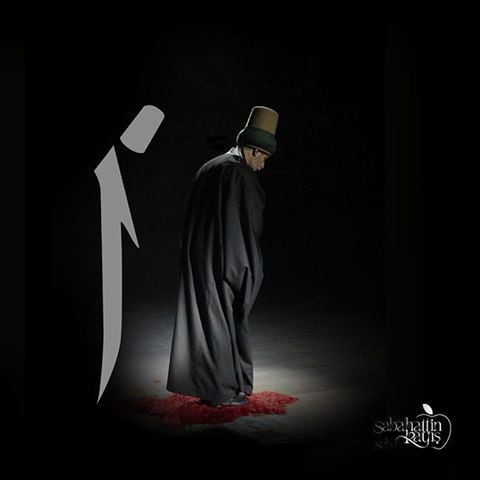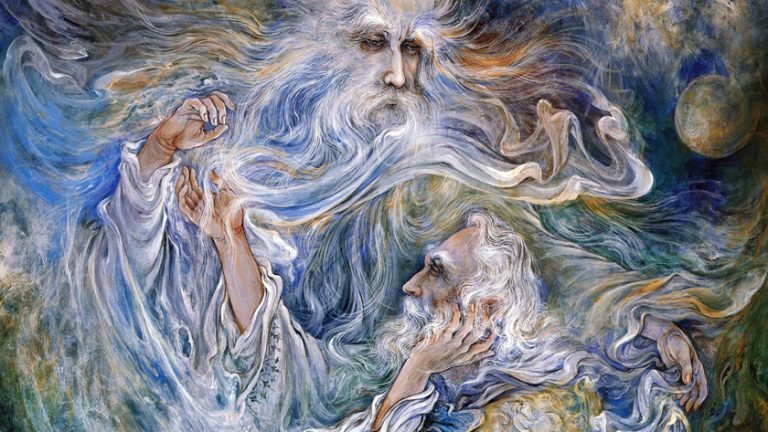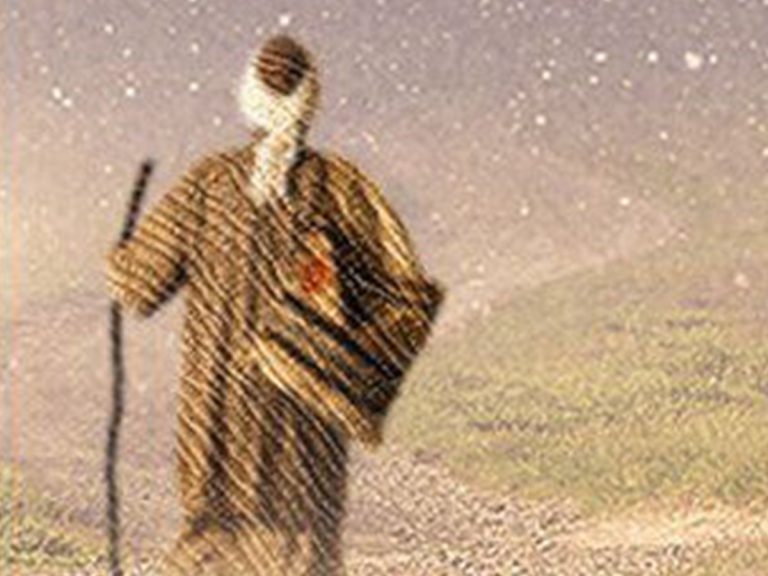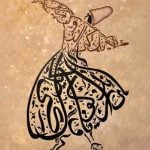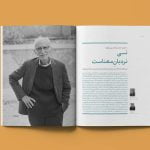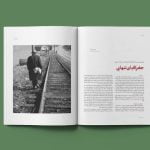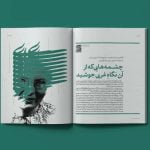Mowlana Khwodavandgar Jalal al-Din Mohammad b. Mohammad al-Balkhi al-Rumi was born September 30, 1207 in Balkh. His given name at birth was Mohammad, like his father. From an early age however, his father apparently called him Jalal al-Din, a title meaning “The Splendor of the Faith”. Such titles were common for religious scholars, men of letters and politicians in the medieval Islamic world and Rumi’s was rather similar in meaning to his father’s title: Baha al-Din, “The Glory of the Faith”.
Many of Rumi’s Persian-Speaking disciples called him “Khwodavandgar”, meaning “lord” or “master”. He was only a child when his family emigrated shortly before Genghis Khan and his Mongol army arrived in Balkh. They moved around a lot and finally settled in Konya, central Anatolia, which was formerly a part of the Eastern Roman Empire (Rum) and from which the name Rumi is derived from.
Rumi himself appears to allude to the title “Mowlana Rumi” (Our Master of Rum). In later Persian sources, there is also a variation of this title “Mowlavi” (My Master).
Mowlavi and Mowlana are applied as honorific titles to refer to literary dozens of other Islamic figures but they serve to identify Rumi immediately for most Persian-speakers have perceived it as the pen name of the poet. In the west he is best known as Jalal al-Din Rumi.
References
Lewis, Franklin D. Rumi: Past and Present, East and West: The life, Teaching and poetry of Jalal Al-Din Rumi. Oxford: One World Publications (UK), 2000.
Rumi, The Masnavi: Book One, translated by Jawid Mojaddedi, Oxford World’s Classics Series, Oxford University Press, 2004.
Arberry, A. J. Discourses of Rumi, A translation of Fihi Ma Fihi, Samuel Weiser, New York, 1972.
Lewisohn L. The Philosophy of Ecstasy: Rumi and the Sufi Tradition, Nicosia, London, Rumi Institute and I.B. Tauris, 2011.



